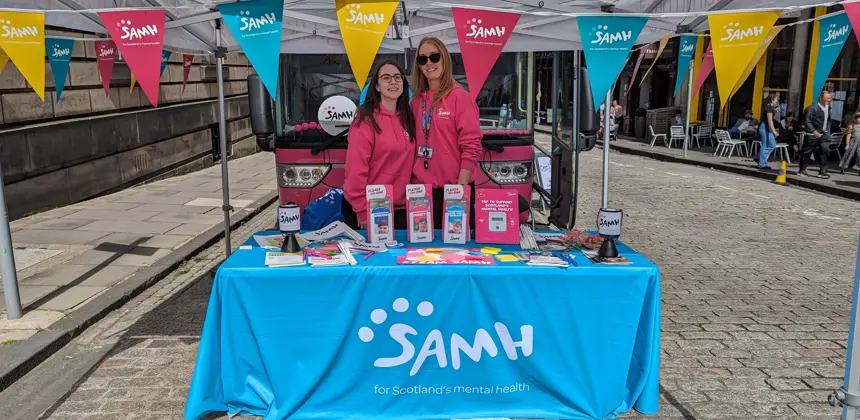Edinburgh Voice Care
Website:
edinburghvoicecare.co.uk
Phone: 0131 380 0690
Edinburgh Voice Care is a voice studio based in the heart of Edinburgh, specialising in vocal coaching and vocal health services. We are here should you encounter any voice issues, or just need a little vocal reset. Both vocal massage and full body massage can relax, relieve and soothe vocal discomfort or irregularities.
Visit websiteJill McLaggan Massage
Website:
jillmclaggan.com/reviews
Phone: 07973 508399
Sports and therapeutic massage, craniosacral therapy, trigger point and fascial work, to relieve physical pain and emotional stress. Based at Bristo Square, be treated by an ex-performer who has treated 100s of Fringe artists over the last 15 years. Many of whom have been coming annually for over a decade.
Visit websiteSolstice Wellness Centre
Website:
solsticecentre.co.uk
Phone: 07485 143085
Solstice Wellness Centre offers restorative therapies to help you recover during the Edinburgh Fringe. From Hyperbaric Oxygen Therapy to Infrared Sauna and PEMF treatments, we help clear brain fog, ease sore muscles, and restore energy — so you can perform, create, and enjoy the festival at your best.
Visit websiteAll health and wellbeing services
Want to add your business to our services directory?
Make your business stand out with an enhanced or premium listing in the services directory. Please see the ratecard below or contact [email protected] for more details.




